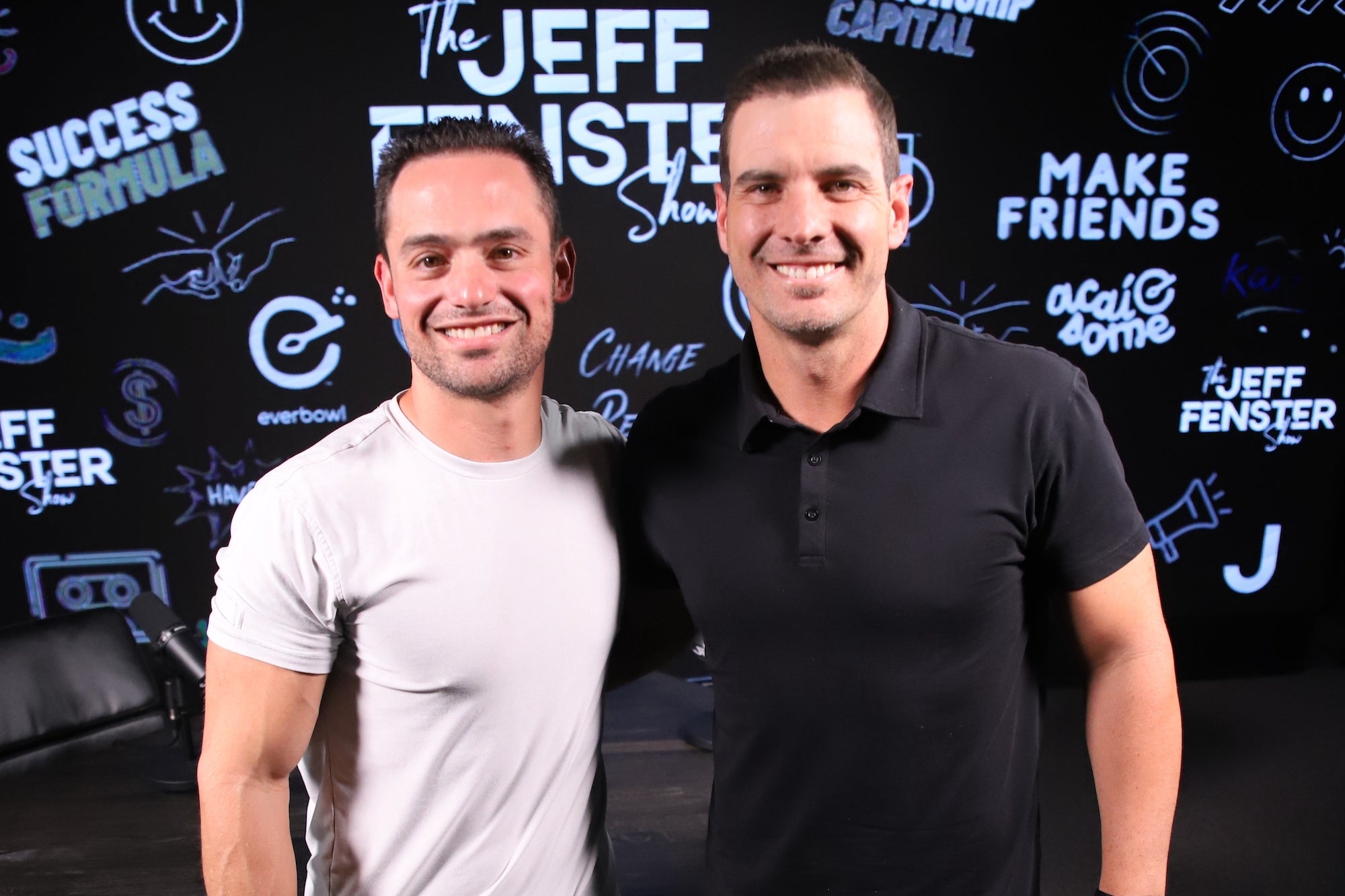The Power Of Finding Your WhyAbed Tau CA(SA) is a director at Thamani Financial Solutions and co-founder of Tuta-Me, South Africa's first edu-tech start-up. He shares insight on how he became a successful entrepreneur.
BySAICA•
Opinions expressed by Entrepreneur contributors are their own.
You're reading Entrepreneur South Africa, an international franchise of Entrepreneur Media.

Entrepreneurship is a mysterious creature; so much is written and said about it. A starting point for exploring the meaning of entrepreneurial triumph is to look at the idea of success itself. At the simplest level, success is the achievement of a specific goal, but success means different things to different people. It's logical to assume that everybody wants to be successful in terms of their own individual goals. Ultimately, nobody plans to fail.
In trying to understand the paths to successful entrepreneurship, it's tempting to reduce its attainment to a linear process. Much of the research into what makes some entrepreneurs successful is based upon studying the super successful ones. The idea is to then instruct people to replicate the behaviours of the successful.
However, this approach disregards two important issues. First, different entrepreneurs have very different goals. What might be success to one measure is failure on another. Second, it disregards the very real phenomenon of survivorship bias. By studying "survivors', in this case successful entrepreneurs, we immediately exclude all data relating to failure. By doing so, we assume a "survivor's' success is a direct result of their specific attributes or actions. This does not prove that failures did not happen.
"I prefer to view entrepreneurial success by focusing on the "why' rather than the "what'. An entrepreneur's "why' is their own personal definition of success. My curiosity was the stimulus for my "why', which was to ascertain what it is that makes an entrepreneur," says Abed Tau, director at Thamani Financial Solutions and co-founder of Tuta-Me.
Through this process, he was able to fashion his own version of entrepreneurial truth. His "why' ultimately led him to his "how'.
1. Forget about comfort
One of his early realisations was that comfort is the enemy of success. "Comfort suggests lack of difficulty. Lack of difficulty may seem appealing, but without challenge, there is no catalyst for positive adaptation. Without difficulty there is no immediate need for innovation and change," he says.
2. Focus on hiring GREAT people
Abed embraced discomfort when he started his business, Thamani Financial Solutions. In running his business, he soon came to the conclusion that people are not the greatest asset of a business, but GREAT people are.
"This is a subtle but important difference. It highlights the importance of giving hiring decisions the level of attention they deserve. I have learnt to treat great employees as business partners. In doing so, their motivation is fuelled, which leads to business innovation."
3. Do the right thing at the right time
In his entrepreneurial journey, Abed also learnt the value of focus. "The ability to focus is one thing; knowing what to focus on is another," he says.
"A common entrepreneurial misstep is to put too much emphasis on less important things like fancy offices in prime areas or flashy business cards. There is nothing fundamentally wrong with these trappings, but in the start-up phase there are more pressing concerns, like perfecting your service or product, and getting new customers and keeping them."
4. Don't compete, strengthen your own position
Another counter-intuitive approach adopted by Abed is his attitude towards his competitors. He says: "The companies that lose are the companies that compete by focusing on the opposition. By concentrating on your own game, you will inevitably strengthen your own position. The stronger your own business, the harder it is for rivals to displace you.
"The reasons for pursuing an entrepreneurial venture are as varied as the ventures themselves," he concludes. "There is no specific entrepreneurial formula for success. The process is often circuitous in nature. And it will be really hard work. But remember to always ask yourself why you're doing it. The answer to this important question will be the compass that leads the way to your "what' and "how'."













